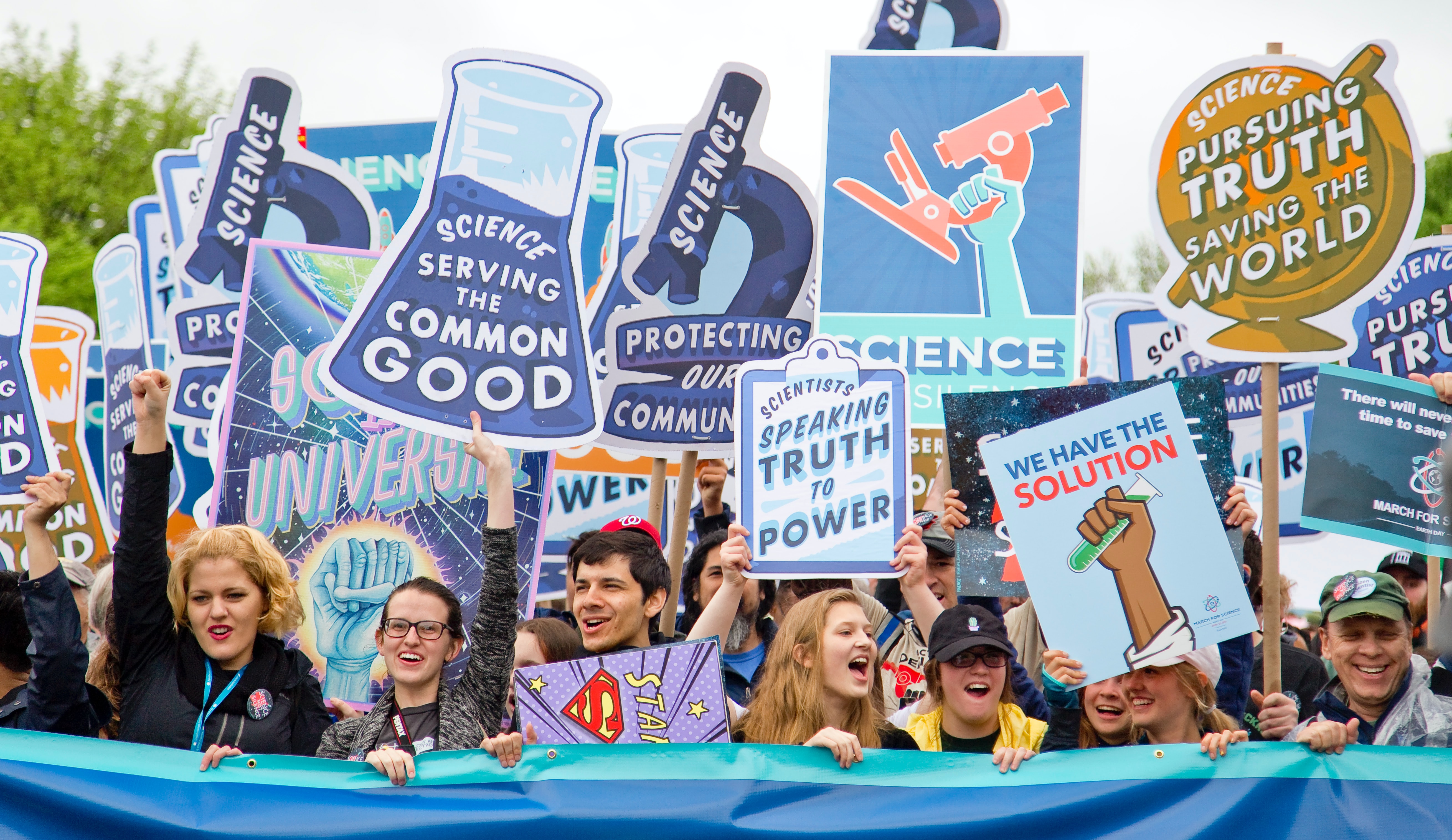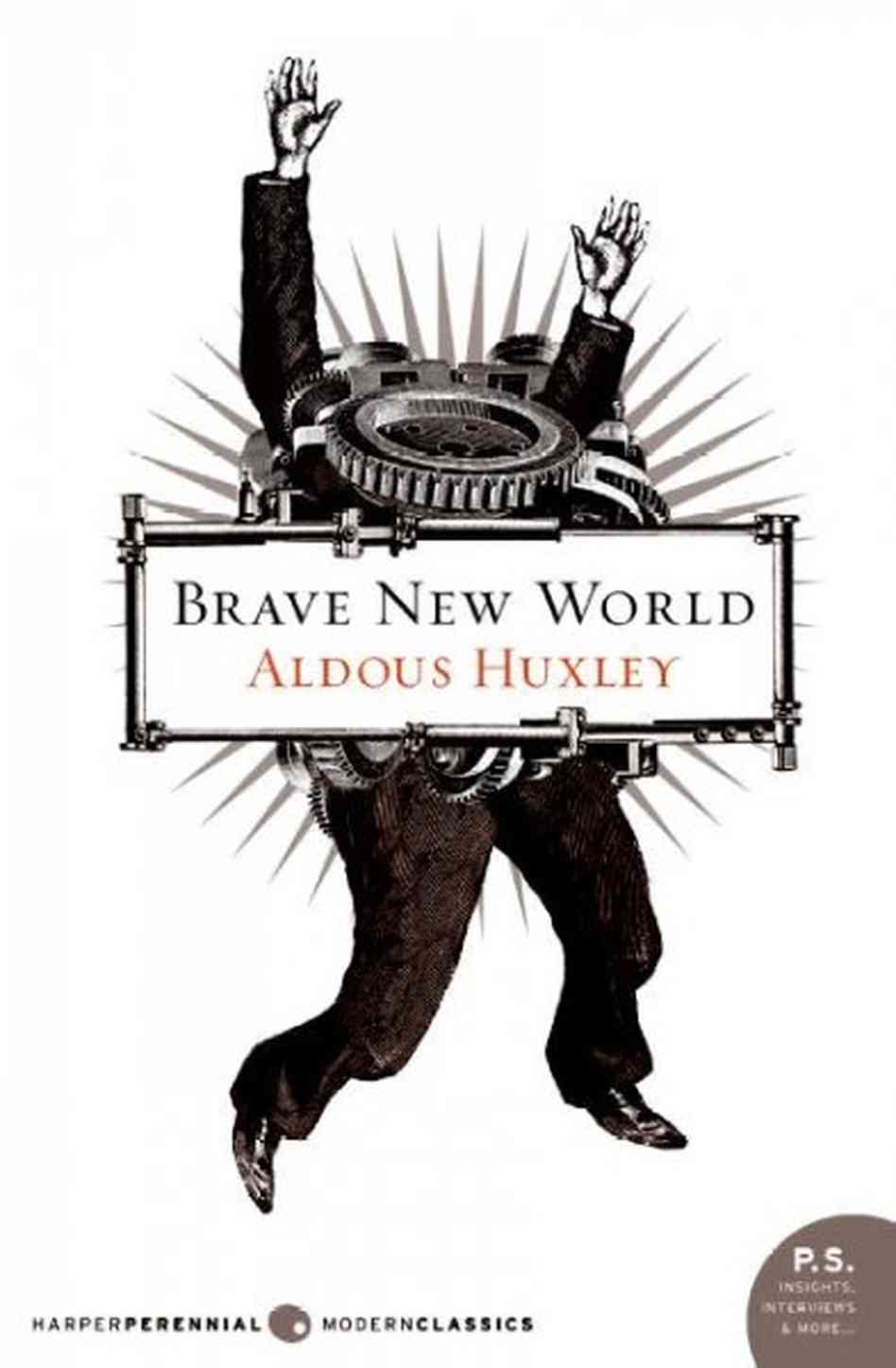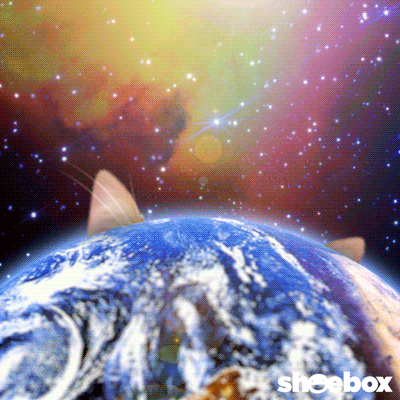
I can’t help but feel we have all been projected onto the set of a Sci-Fi film. Many of us are quarantined in our homes while iconic landmarks, schools and theaters stand in surrealistic silence. Doctors, nurses, janitors, postal workers and everyone in the food industry have become the heroes on the front lines of a battle with a virus that treats us as equals. While our government seems to aspire to an Orwellian dominance, and some citizens flagrantly disregard their own safety for the chance to stockpile weapons and play Zombie Apocalypse, many are becoming aware of just how interdependent we are to one another.
I certainly did not expect this plot twist in my lifetime. Yet, it seems we have been actively preparing for it. How many books, movies and TV shows have predicted and simulated all of this for us?
As a lifelong fan of science fiction, I am reminded that what is vital in any story is the take away. Of course, the thrills, intrigue and terror can draw us in but, what we glean from the story may allow us to advance in our own lives. Where we are right now is the opportunity for a huge shift in human consciousness. We are free to cling to our fear and old war-like defenses, but we can also use our imaginations and explore the other possibilities opening up to us.

Science, commerce, politics, and religion have been the standard pillars to facilitate change and alter what we have, by and large, called progress in our various societies. Over time, quieter, subtler practices, such as meditation, have allowed us to go within and expand our horizons.

Artists, musicians and authors have consistently pointed the way, along with mystics, to encourage us to open ourselves up to grander potential and escape the confines of a dictated reality. Using our imaginations to expand our hearts and, as Meher Baba said, “Be illumined by the free and unhampered play of reason,” we can elevate our “fate” into a heightened state of being where we are able to surf the complexities of life and welcome our diversities as the means to a richer existence.
I would like to explore Sci-Fi as an artistic surfboard, so to speak, to navigate the rough waves we are experiencing.
While science fiction, along with fantasy, has often been dismissed by many in the public, and certainly by critics of “serious” literature as a frivolous means of escapist entertainment, these genres have provided some of our greatest insights. By allowing ourselves to play within the pages and sets of science fiction, (and fantasy) humanity has expanded its universe from within.


Science fiction has been the Time Machine, Nautilus, Tardis, spacecraft, shape-shifting vehicle to allow us to consider every aspect of reality and beyond.
We are so often hemmed in by someone else’s opinion about the dictates of reality, we forget to think for ourselves. We are often subject to defaulting to clergy, scientists and, God help us, politicians, to formulate how we are supposed to believe. Our behavior, often, is a reaction rather than a centered response to what is taking place around us.
Embracing our imaginations within science fiction has led to:
- Exploring and creating worlds,(Isaac Asimov’s Foundation, Frank Herbert’s Dune and Madeline L’Angle’s Wrinkle in Time to name three.)
- Predicting modes of travel and technology, (As far back as 1700-1100 BC, Sanskrit hymns in the Hindu Rigveda describe “mechanical birds…jumping into space speedily with a craft using fire and water.”) (Jules Verne’s “From the Earth to the Moon” predicted the moon landing in 1865.), (Mark Twain predicted the Internet in 1898 in his “From the London Times of 1904.”), (HG Wells’ “Men Like Gods predicted wireless communication in 1921.), (Star Trek predicted and directly inspired flip phones.) etc.
- Plumbing the depths of our psyche and souls (Mary Shelly’s Frankenstein to Mary Doria Russel’s The Sparrow).

Society, in its myriad configurations has been considered and challenged. For example, back in 1932, Aldous Huxley’s Brave New World predicted a world order in which huge scientific advancements were used to lull citizens into pharmaceutical submission. Genetic engineering and psychological manipulation robbed people of meaningful interactions and life of significance.

On the other end of the spectrum, Star Trek portrayed a human society that managed to transcend racial and gender inequalities to “boldly go where no (hu)man has gone before” and “explore new worlds.” No wall or taboo has obstructed our exploration; even when our cultures have explicitly tried to prohibit us. Our personal interactions have been magnified and examined amid simulated events and environments. Our belief systems distilled, expanded and considered from every angle.
As with the finest literature, the science fiction stories that have impacted me most, ultimately, manage to leave me with unanswered questions. Instead of neatly resolving with an absolute definitive, the reader is taken to the brink of the unknown, to encourage us to expand our limited perspective.
Socrates is credited with saying, “The only true wisdom is in knowing that you know nothing.” My good friend Marc Rosenberg paraphrased this by saying, “I know nothing, my head is small.” It is that very humility which allows for an openness, a portal where wisdom and wonder can transport us beyond our form and the confines we find ourselves in. Whether that is navigating grief, Zoom, keeping safe, or dealing with our fears of the future.

Science Fiction is the fly in the ointment. It playfully provokes us to acknowledge that, while we think we have the answers and understanding to justify our behavior, we are subject to all of the frailties that the human condition encompasses. Ray Bradbury, in his famous tale Fahrenheit 451 about a society that makes its firemen burn all the books, says: “We need not to be let alone. We need to be really bothered once in a while. How long is it since you were really bothered? About something important, about something real?”**


Ursula K. Le Guin, in her tale, The Telling, explores a world in which generational traditions and faiths have been prohibited by the government. Their citizens are subjected to a constant barrage of surface information and noise. The underground resistance has a religion that is not based on laws or dictates but on stories. It is in the stories that truth can be passed down inclusively. The reader or listener of a tale can form their own bond with it and take away what is vitally unique to them.
The myth master, Joseph Campbell dedicated his life to studying our various cultures and stories. He recognized that, while our literal interpretations of individual scriptures have too often led to altercations, the stories within our religions and cultures often highlight the thread that runs through and illuminates all that is good within our collective understanding. Mr. Campbell was the consultant for the original Star Wars. He guided George Lucas through the Hero’s Journey, in which the protagonist faces his greatest fear and emerges with a gift or insight that can be shared with society.

It is with The Force that young Luke Skywalker manages to face Darth Vader and destroy the Death Star. The Force is that illumined thread that bridges our beliefs. It is one of Sci Fi’s many gifts to our collective human discourse and personal capacity for experiential connection.
In Robert Heinlein’s classic Stranger in a Strange Land, he coins the word, Grok. This is another gift that allows for a neutral access to a mystic comprehension of our interaction with one another and with reality itself.

“Grok means to understand so thoroughly that the observer becomes a part of the observed- to merge, blend, intermarry, loose identity in group experience. It means almost everything that we mean by religion, philosophy, and science- and it means as little to us as a color means to a blind man.”- Robert Heinlein.
Another incredible gift is that with all of the dystopian portrayals that Science Fiction has mirrored back to us over the years, the stories and the human spirit rise to embrace the light that makes its way through the cracks in our armored defenses. Even George Orwell, in his totalitarian nightmare, 1984, points out: “If you loved someone, you loved him, and when you had nothing else to give, you still gave him love.”

What makes all of these stories possible is the same thing that makes Sci-Fi essential. It is the one word that fuels the rockets of our expeditions. It is the reminder to expand our considerations:
“The word that allows yes, the word that makes no possible.
The word that puts the free in freedom and takes the obligation out of love.
The word that throws a window open after the final door is closed.
The word upon which all adventure, all exhilaration, all meaning, all honor depends.
The word that fires evolution’s motor of mud.
The word that the cocoon whispers to the caterpillar.
The word that molecules recite before bonding.
The word that separates that which is dead from that which is living.
The word no mirror can turn around.
In the beginning was the word and that word was
CHOICE”*
*-Tom Robbins/ Still Life With Woodpecker

It is my hope that, during this pandemic, we will allow ourselves to consider the choices we have moving forward. Science fiction has not only offered us many solutions and perspectives but also the ability to question the way things have always been. When we reenter the orbit of our integrated lives, perhaps we will be able to embrace one another more fully.


